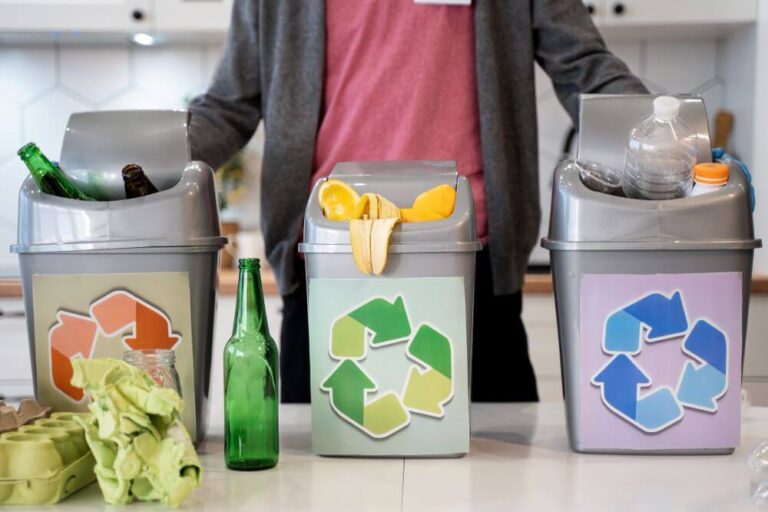We generate waste when we’re at home and when we’re at work, and waste management is a vital, if sometimes unsavory, part of everyday life. Whether you’re manufacturing products, delivering a service, or selling products, your business premises will create waste.
Improper waste management can cause major problems, both for your business and for the environment. You may need to manage specific types of waste in a certain way to follow legal guidelines, especially if your company involves toxic waste. But you also don’t want to end up losing money with unnecessary waste.
Read on to learn how to reduce waste, as well as how to properly manage any waste you do generate, and why it’s important to do so.
Saving Money and Reducing Waste
When it comes to running a business, controlling cash flow and reducing how much you spend can make the difference between business success and failure. Even if you’re selling a lot, if your running costs are too high, your company won’t be able to make a profit.
One way to save money is by reducing electricity and water wastage, as well as the waste of other resources and materials. If you use less energy and water, you can lower your commercial utility bills, meaning that you’re able to put more money into other parts of your business.
Environmentally Friendly Business Practices
Another good reason to both reduce your waste and manage the waste your company generates properly is that it’s better for the environment. A lot of waste can be recycled, such as scrap metal, paper, and some plastics. By sorting waste properly and making sure that it gets sent to proper waste management companies instead of all going into the landfill, your company is being more environmentally friendly.
As mentioned before, sometimes there is a legal requirement to manage specific types of waste. Dumping toxic waste in the environment, especially if it’s not properly disposed of and stored, is illegal and can leave your company liable for a fine or other consequences.
Another good reason to try to be more environmentally friendly is that it’s good publicity. People prefer companies that try to be more sustainable, as they feel that they can help the environment themselves by supporting these businesses.
Improving the Work Environment
Speaking of the environment, good waste management can also improve the environment in which your employees work. This is especially important in industrial or construction sites, where a lot of waste might be generated. But even in an office, trash and clutter can quickly build up.
This is unsightly, but it can be dangerous. Debris can cause trip hazards and, in some cases, might contribute to the spread of disease. A clean work environment is a much more pleasant one, whether you’re in an office or a workshop.
Encourage employees to clean up after themselves and make it easy to do so. Provide trash cans for specific types of trash, and in certain workplaces, consider investing in a skip for larger amounts of waste.


